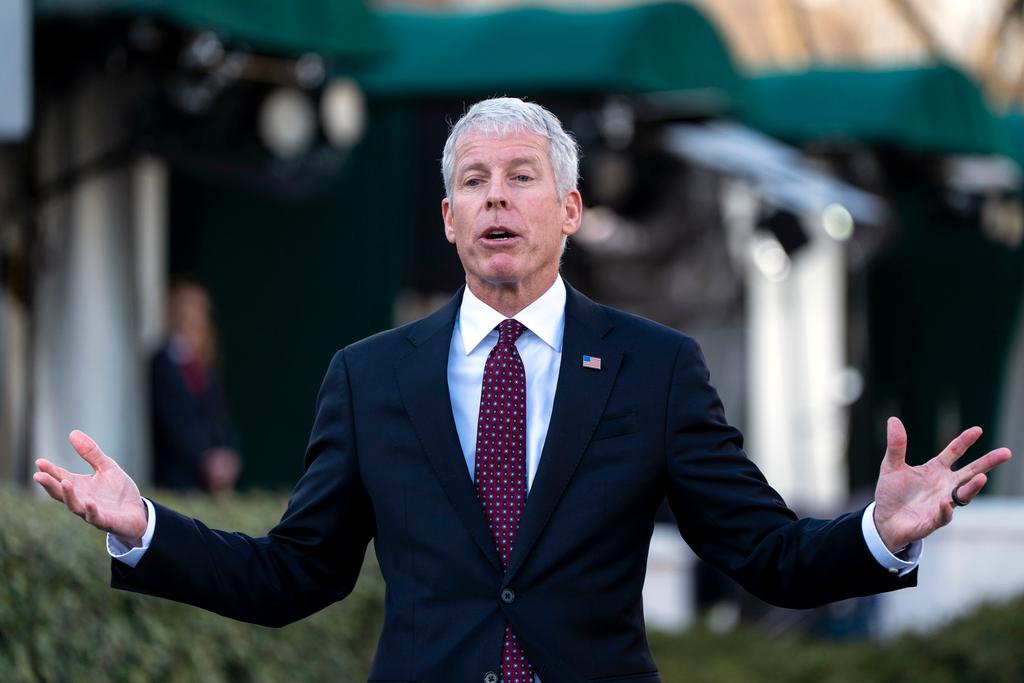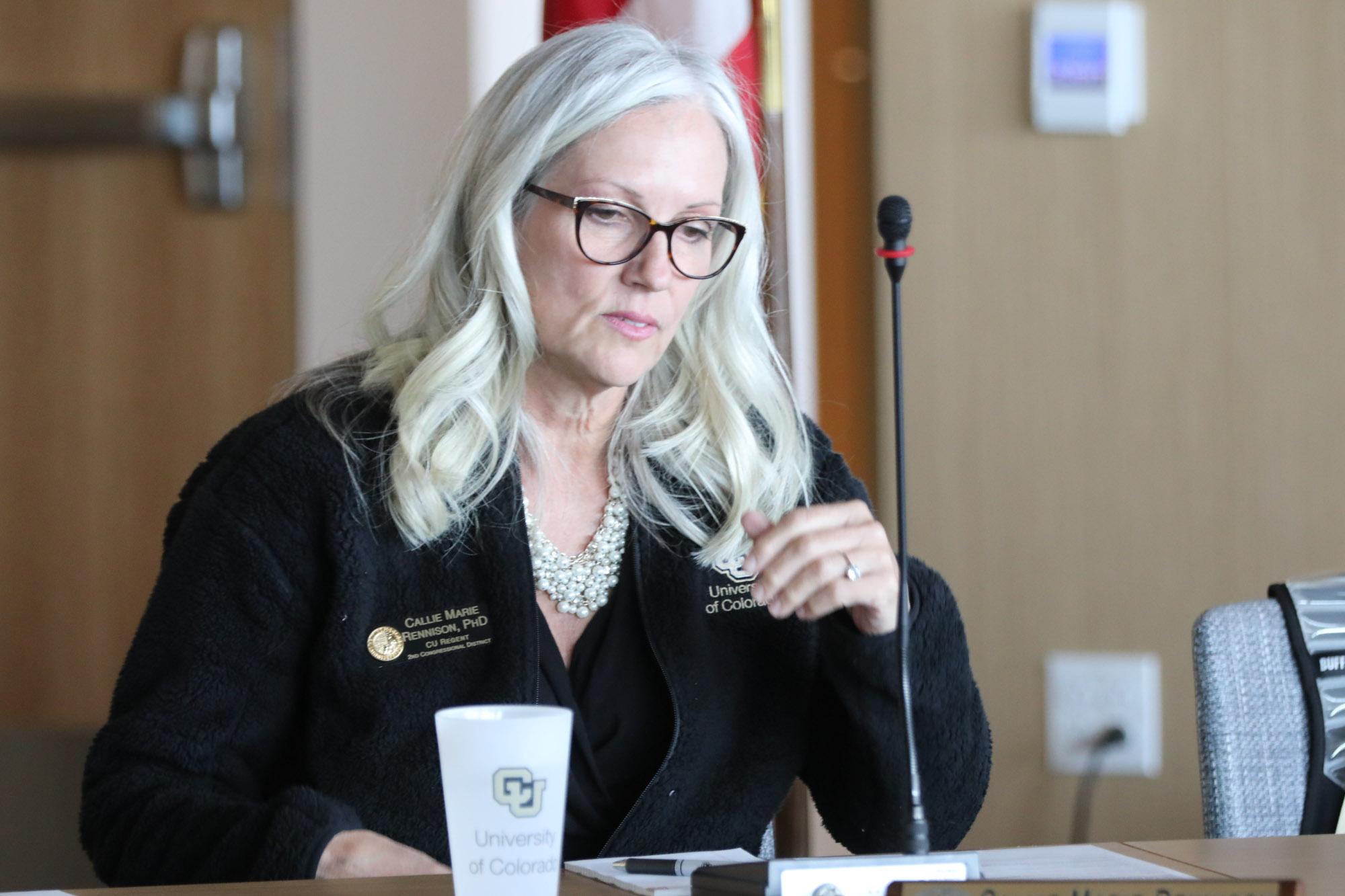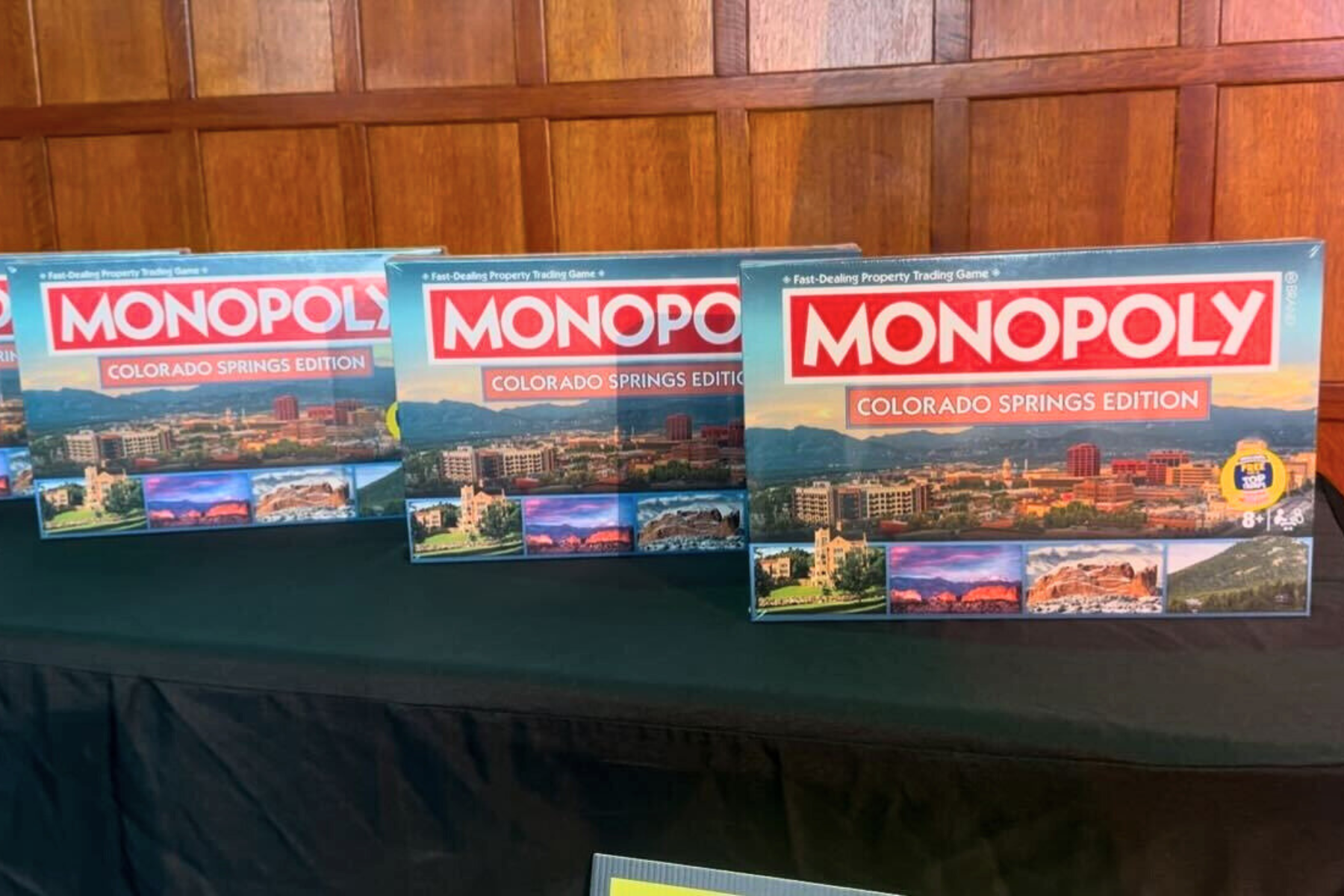
This story was produced as part of the Colorado Capitol News Alliance. It first appeared at coloradosun.com.
By Jesse Paul, The Colorado Sun
After about three months of negotiations, the future of union organizing in Colorado remains fuzzy as the 2025 lawmaking term slowly winds down.
At stake is a roughly 80-year-old requirement in the Colorado Labor Peace Act that requires 75% of workers at a company to sign off before a union can begin discussions with an employer over union security. That’s when workers are forced to pay collective bargaining representation fees whether they are in a union or not.
Senate Bill 5, introduced in January on the first day of the legislative session, would abolish that requirement altogether, letting unions begin union security negotiations as soon as they form, which only takes a majority of those voting.
The bill is a priority for unions and loathed by business interests. Gov. Jared Polis is in the mix, too, calling on both sides to reach a compromise and threatening a veto if they can’t reach an accord and the bill makes it to his desk unchanged. He’s said that he thinks the current system works.
Under those circumstances, Julie McCluskie, a Dillon Democrat who is helping lead the talks, said the fact that the negotiations are even happening is a good thing.
“Every day that we stay engaged is a good day,” she said. “What I think is important is that we stay at the table.”
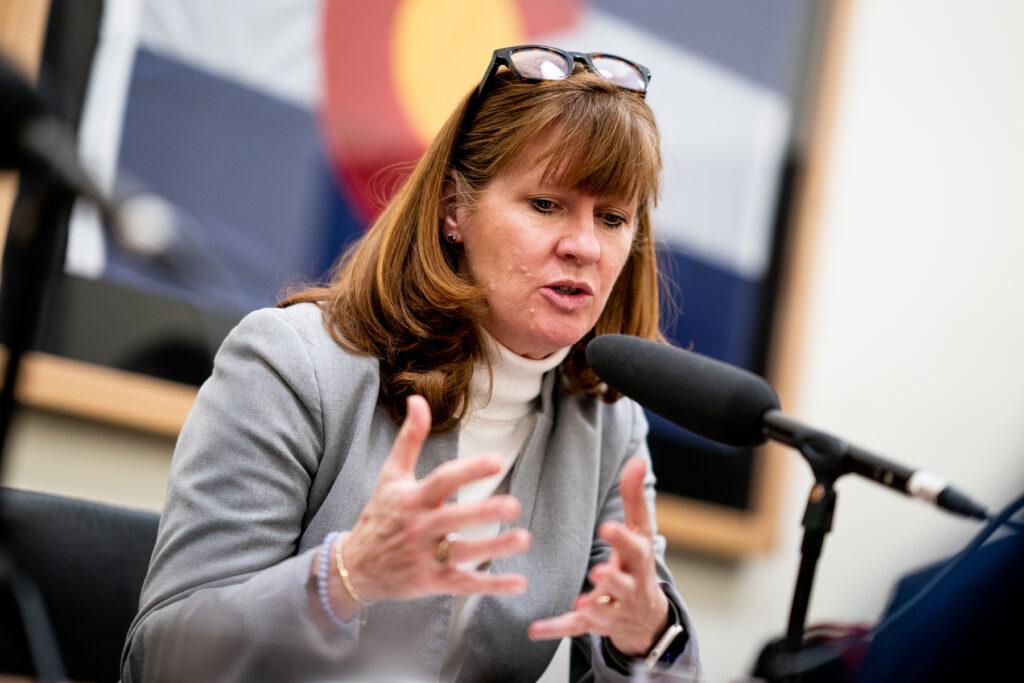
But in three months since Senate Bill 5 was first introduced, the measure hasn’t been amended even once.
Democrats likely have the votes to pass the legislation, now in the House, as is. But Polis’ veto threat looms large.
“My yardstick will be: Does it bring business and labor together in support of a way of organizing that’s more stable and does it preserve the right of workers to be able to have a say in whether union fees are required to be deducted from their paycheck?” Polis told The Colorado Sun recently.
So far, however, the governor’s office isn’t playing a role in the dealmaking.
“I, as well as my team, are happy to talk to both legislators as well as the business community — as well as labor — to see if there is a constructive role for us to play,” Polis said. “We’re open to playing whatever role we can. If there's a pathway to get to something that can become law, we're open to be as active or passive as the times indicate.”
But the governor also suggested that labor is the holdup.
“The business community has proposed several changes,” he said. “There's absolutely a victory for labor if they will simply take it.”
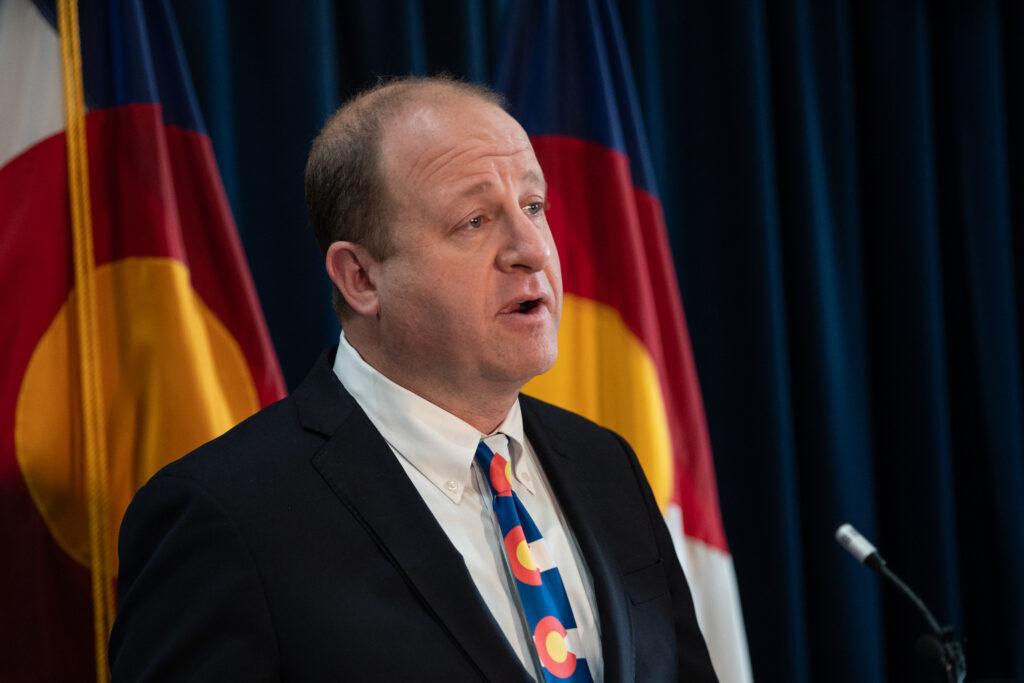
Loren Furman, president and CEO of the Colorado Chamber of Commerce, said the business community has offered three proposals to labor that would reduce the 75% threshold required for the union security vote and compress the timeframe between the simple majority vote to form a union and the vote over whether to begin negotiations over union security.
“The business community feels as if we came to the table with legitimate offers,” Furman said. “We have been really working in good faith to try to find a path here.”
Furman said she’s negotiating alongside the Denver Metro Chamber of Commerce, Colorado Concern and the Colorado Contractors Association, among other groups.
The sponsors of the bill and union representatives have so far declined to discuss businesses’ proposals, saying they don’t want to litigate the issue in the media. So it’s unclear if labor has made any counterproposals or why they rejected the ideas from business groups.
There are incentives for business and labor not to give up anything in the Senate Bill 5 talks.
The business community knows Polis almost certainly won’t sign the measure unless there are changes. And labor knows that the governor will only be around until early 2027. There is also the distinct possibility of a costly ballot measure fight.
State Rep. Javier Mabrey, a Denver Democrat and lead sponsor of the bill, hinted at the political dynamics when talking to reporters recently.
“I'm confident that Michael Bennet would sign it if we're unable to get it done this year,” Mabrey said, a reference to how Bennet is expected to announce a 2026 gubernatorial bid soon.
But Mabrey also said a deal is still possible in 2025.

“I'm committed to getting this done this year,” he said. “I believe that we can meet the moment here in Colorado. I think that there's space for us to make a deal that people are happy about and that the governor will sign.”
Furman agrees.
Senate Bill 5 awaits a hearing in the Senate Appropriations Committee. McCluskie didn’t have any information last week on when that hearing may happen.
The 2025 legislative session ends on May 7.
This story was produced by the Capitol News Alliance, a collaboration between KUNC News, Colorado Public Radio, Rocky Mountain PBS, and The Colorado Sun, and shared with Rocky Mountain Community Radio and other news organizations across the state. Funding for the Alliance is provided in part by the Corporation for Public Broadcasting.

